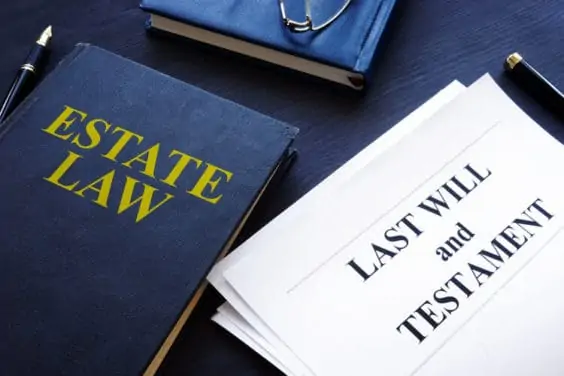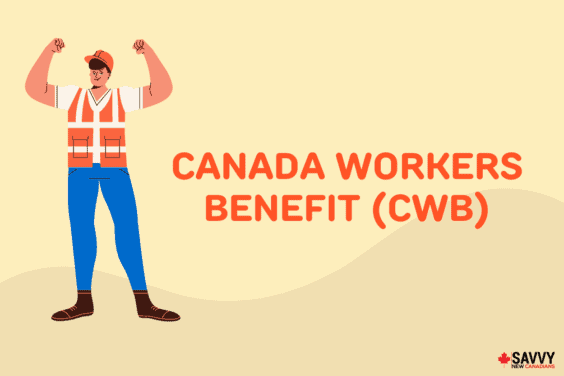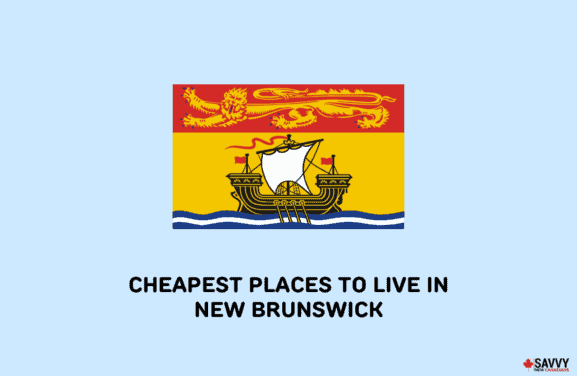Quick Answer
- Canada FPT stands for “Federal-Provincial-Territorial” tax credits. Sometimes, they’re coded by banks as “Fed-Prov/Terr Canada.”
- The FPT payments for GST/HST credit are paid quarterly, on the fifth day of January, April, July and October. For the Canada Child Benefit, FPT payments are deposited monthly, usually on the 20th day of the month.
- Canada FPT payments are non-taxable benefits.
Wondering what the Canada FPT deposit in your bank account is for?
It’s the government deposit for your GST/HST credit or Canada Child Benefit that’s paid on a monthly and/or quarterly basis.
Some provincial benefits, such as the British Columbia Climate Action Tax Credit and Ontario Senior Homeowners’ Property Tax Grant, may also be paid under the “FPT” code.
This article covers what FPT stands for, how to qualify for its payments, and the FPT deposit dates for 2024.
What is Canada FPT?
Canada FPT stands for “Federal-Provincial-Territorial” tax credits. In most cases, when you see a deposit with this entry on your bank statement, it means you have received the GST/HST credit or Canada Child Benefit (CCB).
Sometimes, Canada FPT deposits are coded as “Fed-Prov/Terr Canada” on your bank statement or simply as FPT.
A few other provincial benefits that are administered through the Canada Revenue Agency (CRA) may also be paid under the ‘FPT’ code, including:
- British Columbia Climate Action Tax Credit
- Ontario Senior Homeowners’ Property Tax Grant
Canada FPT Payment Dates 2024
Depending on the program you are eligible for, the payment dates in 2024 are:
GST/HST Credit
The Goods and Services Tax/Harmonized Sales Tax credit is paid quarterly:
- January 5, 2024
- April 5, 2024
- July 5, 2024
- October 4, 2024
For the July 2023 to June 2024 payment period, you receive up to $496 (single individual), $650 (couples), and $171 per child under the age of 19.
Canada Child Benefit
Formerly known as the Canada Child Tax Benefit and popularly referred to as the “Baby Bonus,” the CCB is paid monthly on these dates:
- January 19, 2024
- February 20, 2024
- March 20, 2024
- April 19, 2024
- May 17, 2024
- June 20, 2024
- July 19, 2024
- August 20, 2024
- September 20, 2024
- October 18, 2024
- November 20, 2024
- December 13, 2024
CCB helps parents offset some costs of raising children under age 18.
The maximum amount of CCB per child under age 6 is $7,437 per year or $619.75 per month. Children between the ages of 6 and 17 get up to $6,275 per year or $522.91 monthly.
How much you receive depends on your adjusted family net income (AFNI). A family with AFNI under $34,863 gets the maximum benefit for each child.
Sometimes, this payment is recorded as a Canada PRO deposit.
Eligibility for Canada FPT
You can receive Canada FPT deposits if you meet the minimum eligibility requirements for the applicable program.
To qualify for GST/HST credit payments, you must:
- Be a Canadian resident for income tax purposes
- Be at least 19 years old
- Have or have had a spouse or common-law partner
- Be a parent and live with your child (or have been a parent and lived with your child)
Applicants for the CCB must:
- Be a resident of Canada for tax purposes
- Live with a child who is younger than 18
- Be primarily responsible for raising the child
If you are also getting the Child Disability Benefit (CDB) as part of the CCB, your child must be eligible for the disability tax credit.
Is Canada FPT Taxable?
Canada FPT payments are non-taxable benefits (i.e. tax-free).
For the GST/HST credit, your net income from line 23600 (single) or combined family net income from the previous year is used by the CRA to assess your eligibility.
You should file your income tax return even if you have not earned any income.
This also applies to CCB payments, as the amount you receive is impacted by your net family income.
How to Put Your Canada FPT Deposit To Use
If you have children, you can start saving towards their college education right from birth using the RESP account. Contributions you make to their RESP are matched up to a certain amount annually by the government.
Here are some ways to invest in an RESP.
If you don’t already have an emergency fund account, you could open a high interest savings account to deposit your Canada FPT payments and watch it grow.
One of the best savings rates in Canada today is offered by EQ Bank’s Savings Plus Account. It has no monthly fees, and you get free unlimited debit transactions and Interac e-Transfers.
You can also earn high interest on your savings using the Neo Financial HISA.
EQ Bank Personal Account
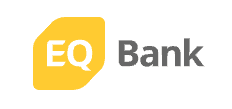
Up to 4.00%* interest rate
Unlimited debits and bill payments
Unlimited Interac e-Transfers
No monthly account fees
Neo Savings Account
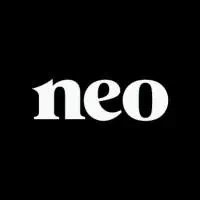
4.00% non-promo interest rate
No monthly fees
Unlimited free transactions
Access to a no-annual-fee credit card
Lastly, you can open an investment account (RRSP, TFSA, or non-registered personal account) and invest in thousands of stocks and bonds using low-cost ETFs.
Justwealth automatically invests your money and rebalances your asset allocation when required. Readers of this blog get a signup bonus of up to $500.
Justwealth

Top-rated online wealth manager
Several customized portfolios & low fees
Unique RESP and other offerings
Auto rebalancing and div reinvesting
Earn up to a $500 bonus
Canada FPT FAQ
Canada FPT deposits refer to federal, provincial, or Territorial program benefits that are paid out by the Canadian government. Social programs that may be captured in your FPT deposit include the CCB, GST/HST credit, and the climate action tax credit in British Columbia.
GST and HST credit payments are often included in the FPT deposit you see on your bank statement. This tax-free benefit is paid every quarter and may include other provincial benefits, such as New Brunswick’s harmonized sales tax credit (NBHSTC) and Nova Scotia’s affordable living tax credit (NSALTC).
GST/HST credit is paid quarterly in January, April, July, and October. The Canada Child Benefit is paid monthly to eligible individuals.
The maximum Canada Child Benefit per child is $7,437 (under 6) or $6,275 (age 6-17) per year. The maximum GST/HST credit is $496 per adult and $171 per child.
Related:
